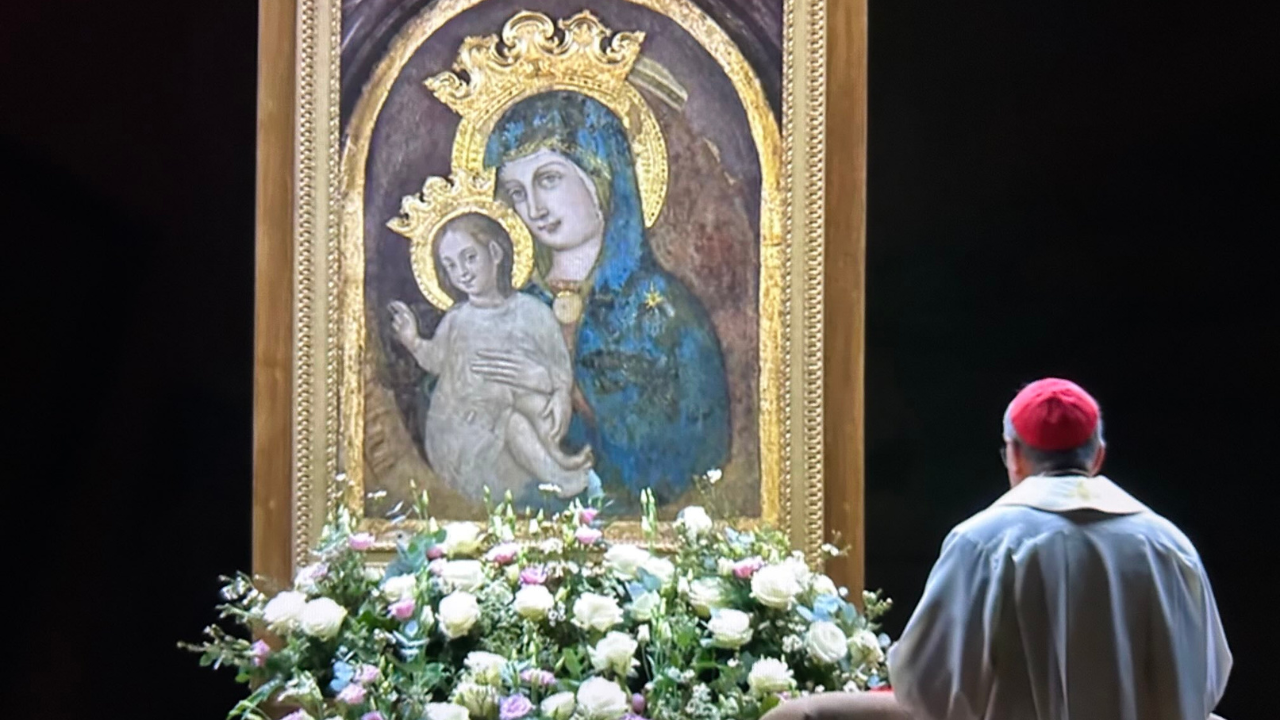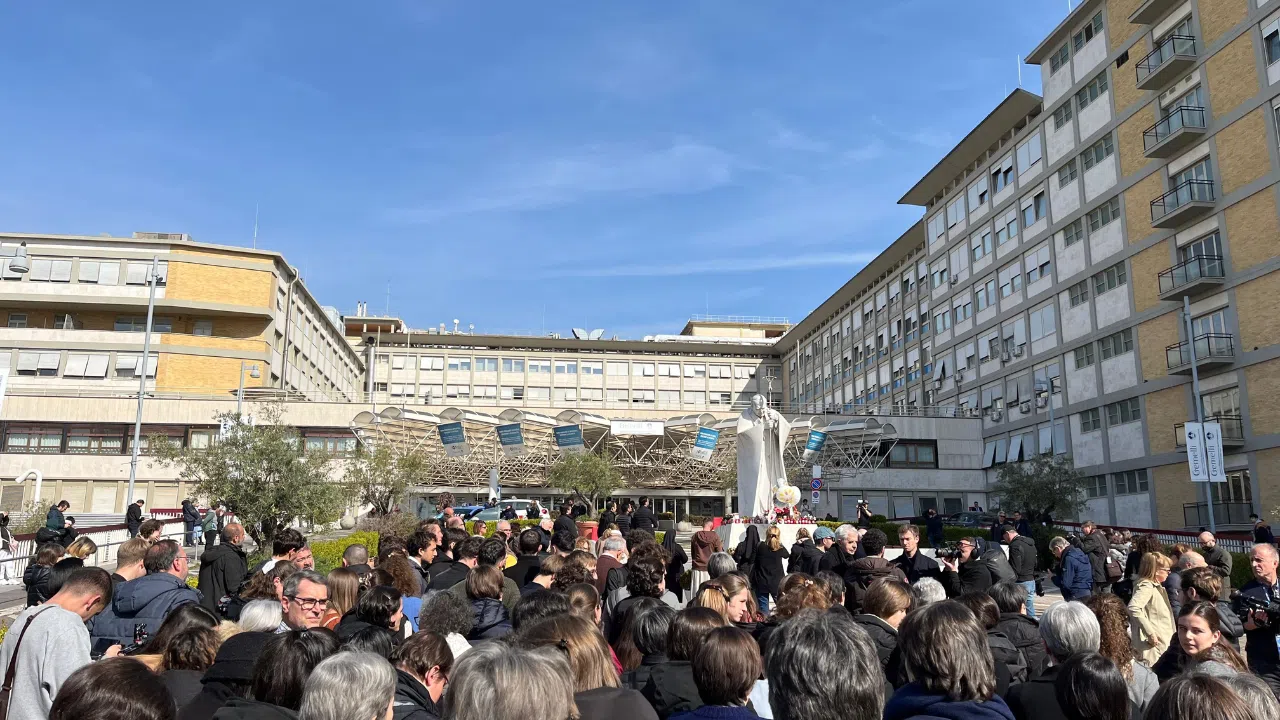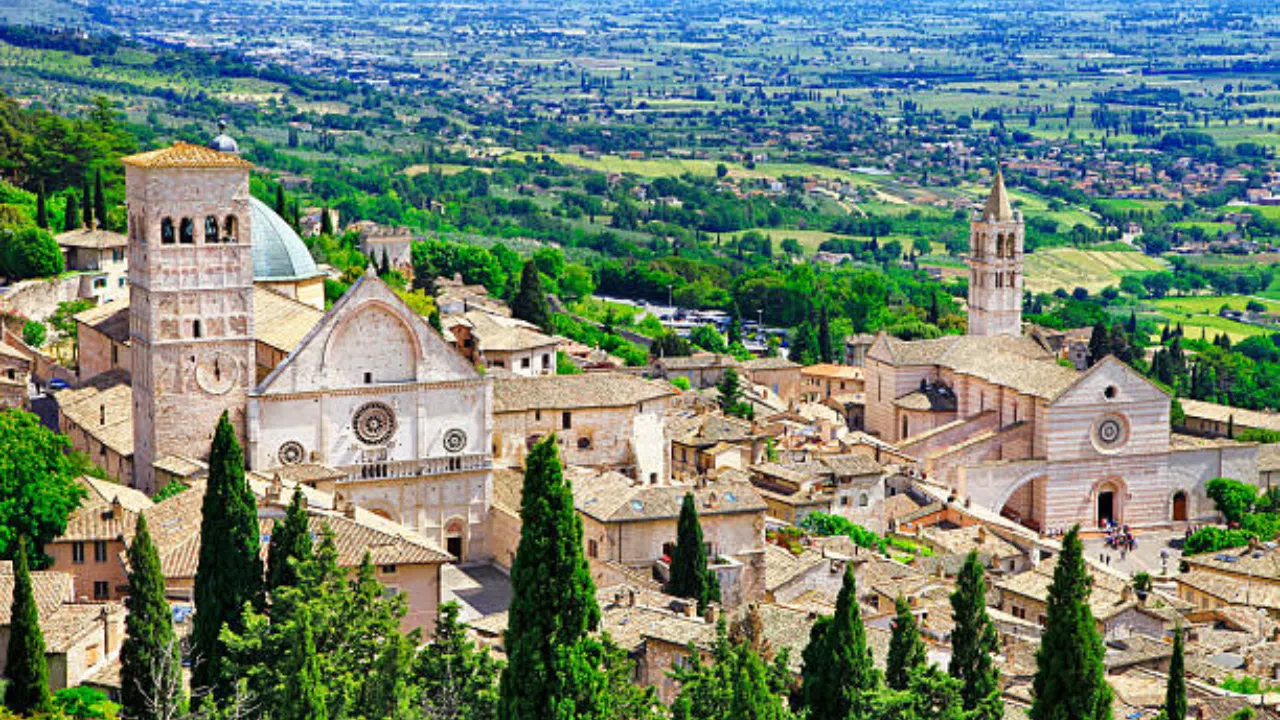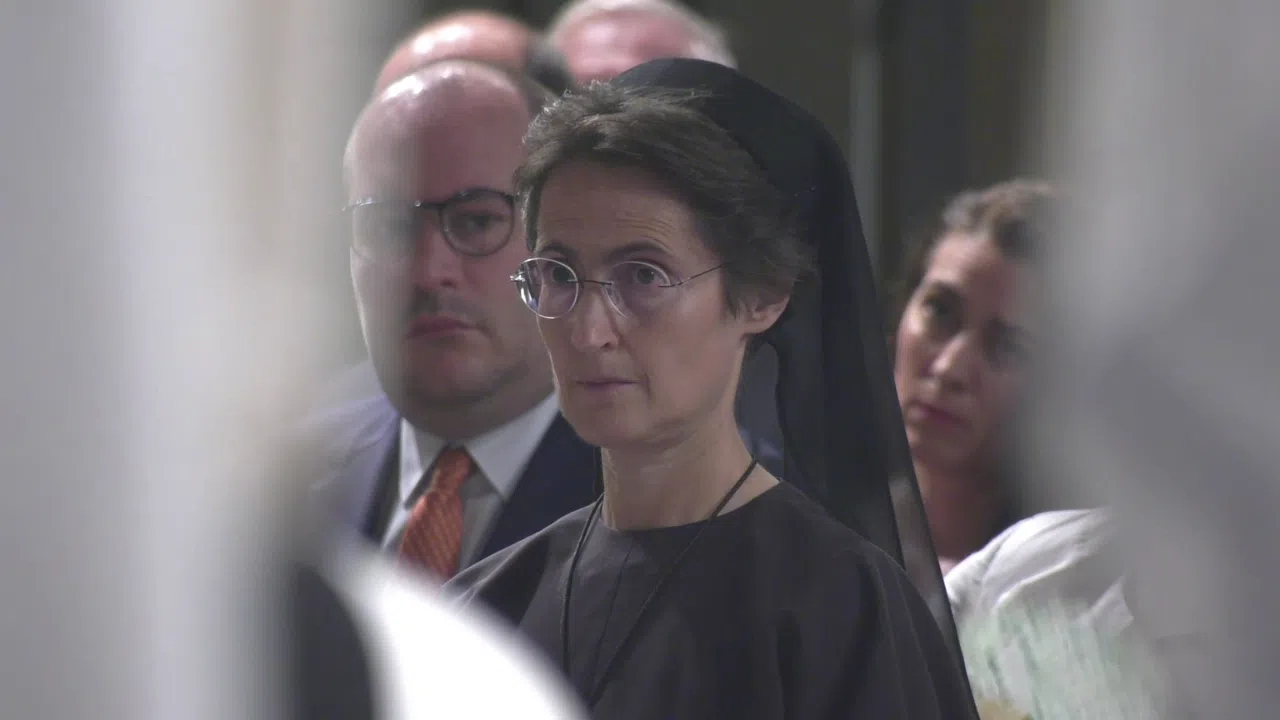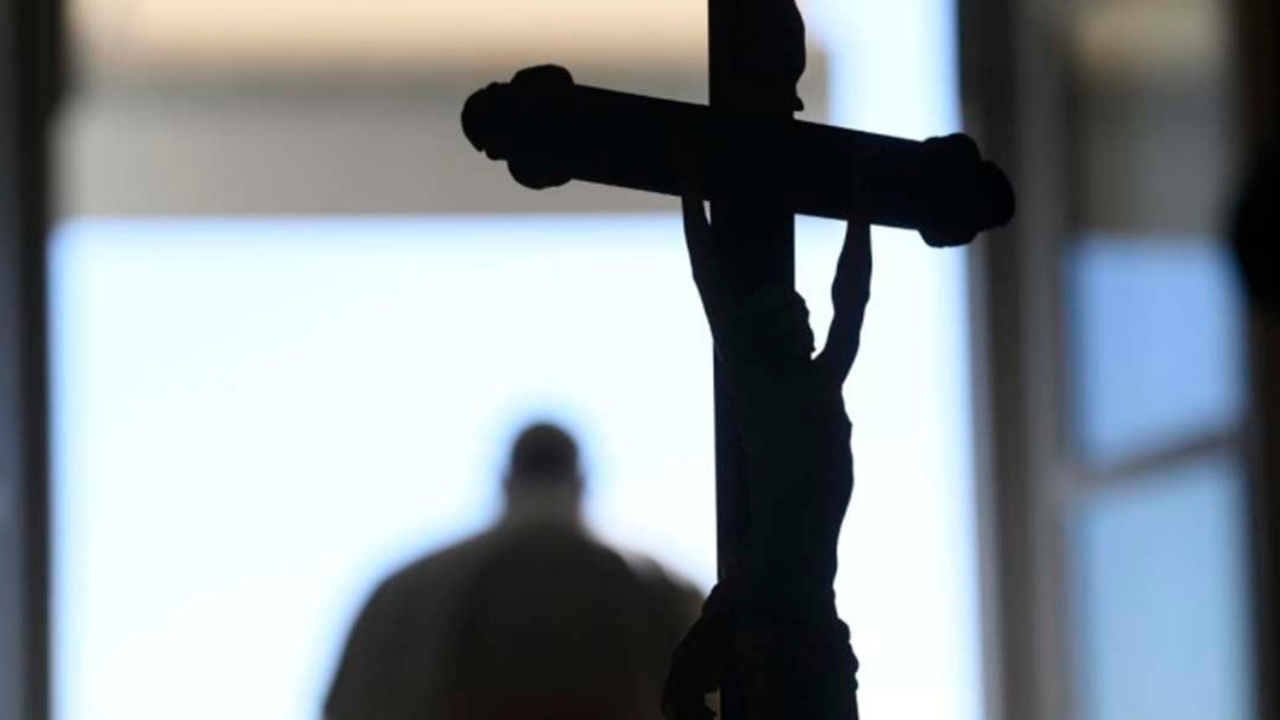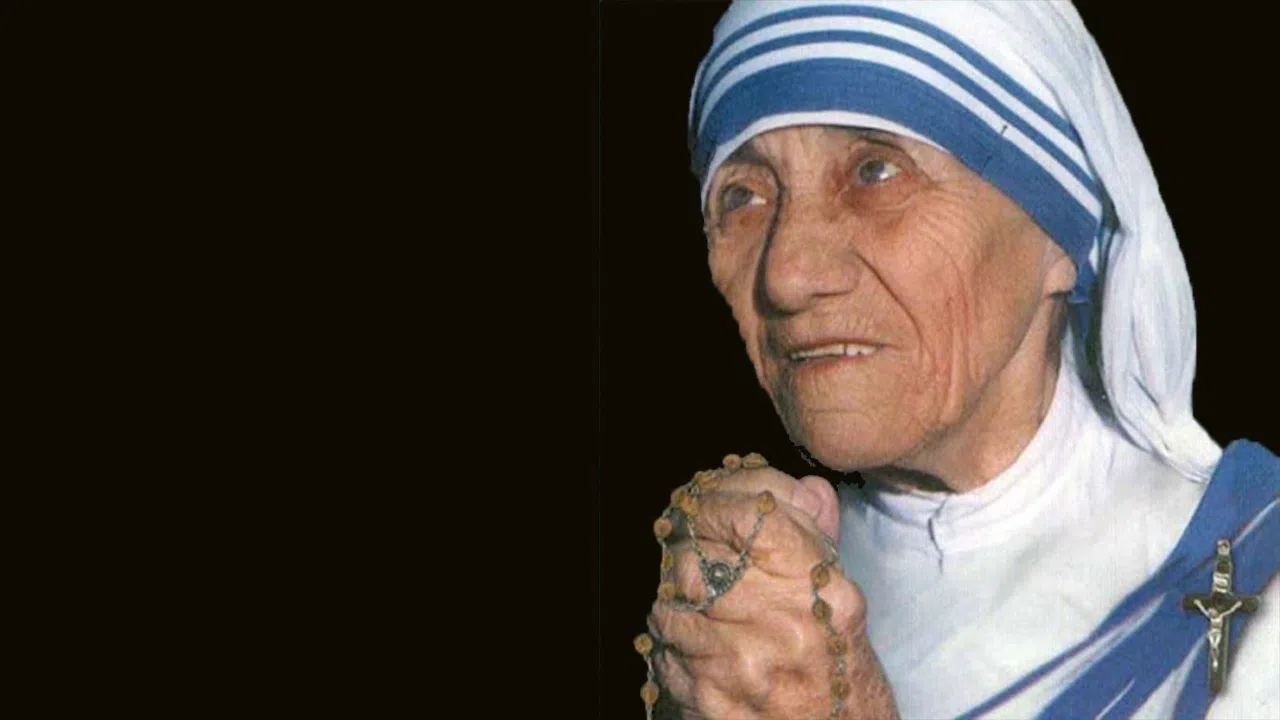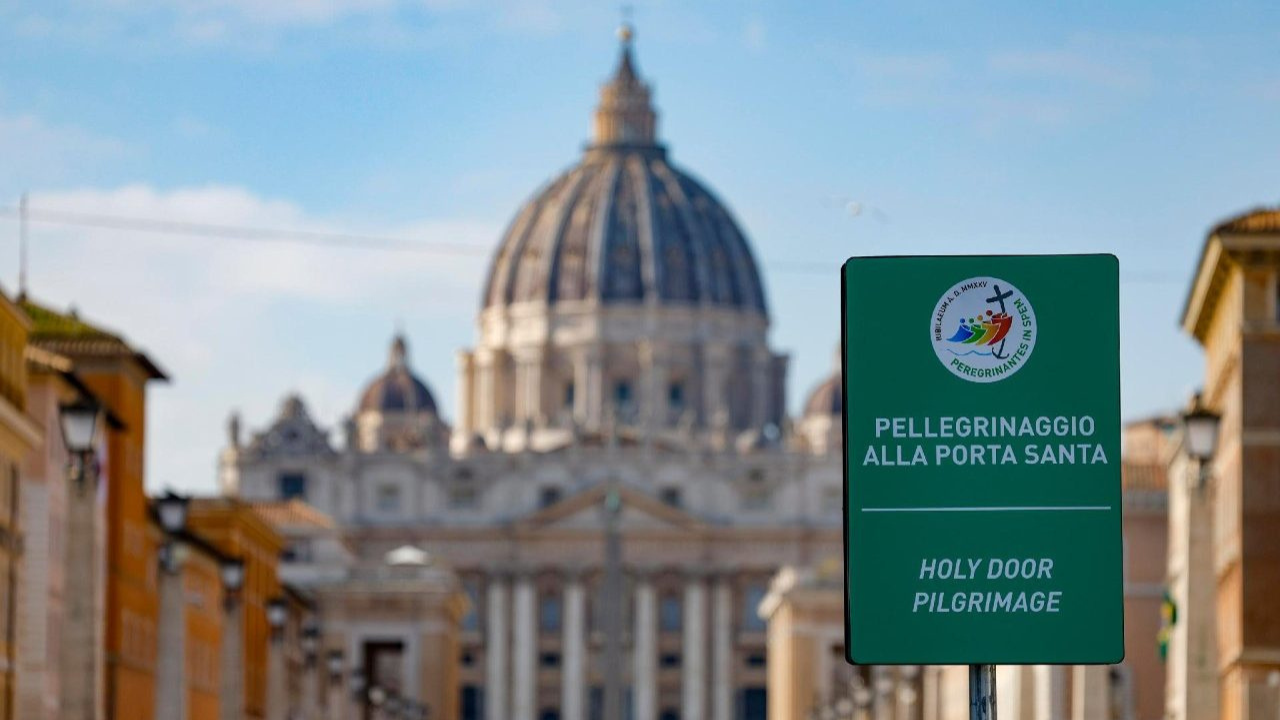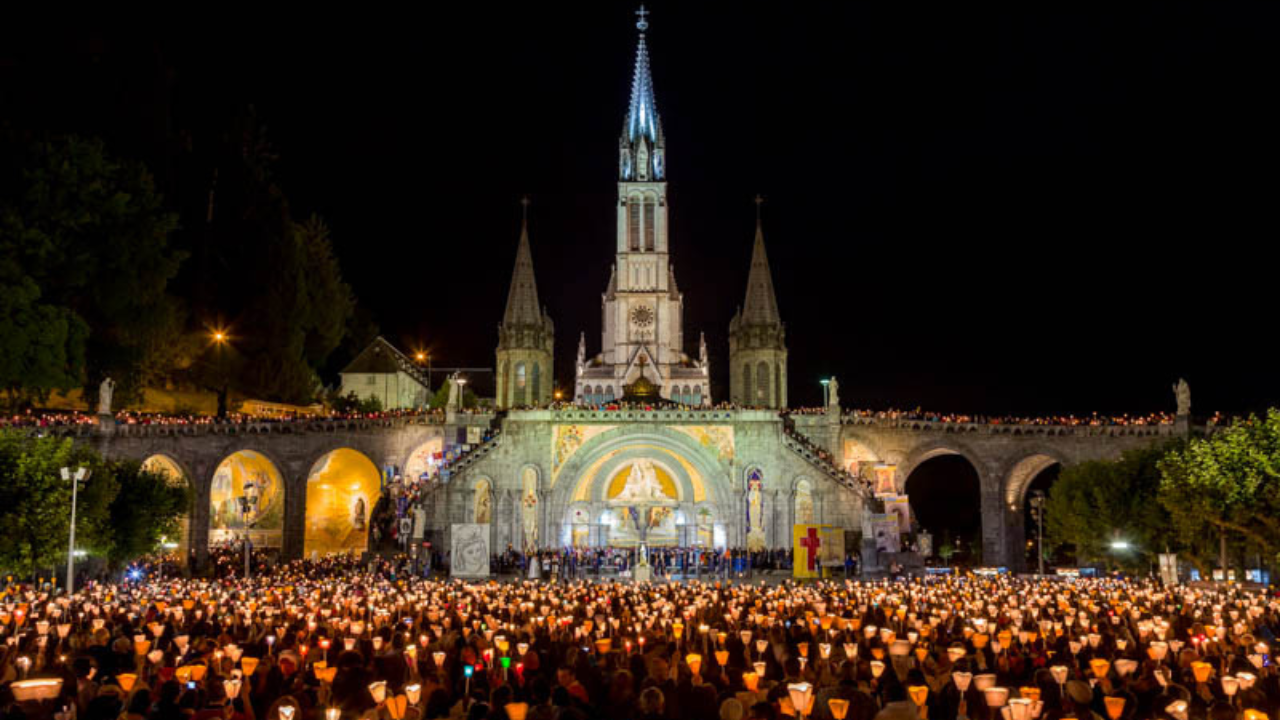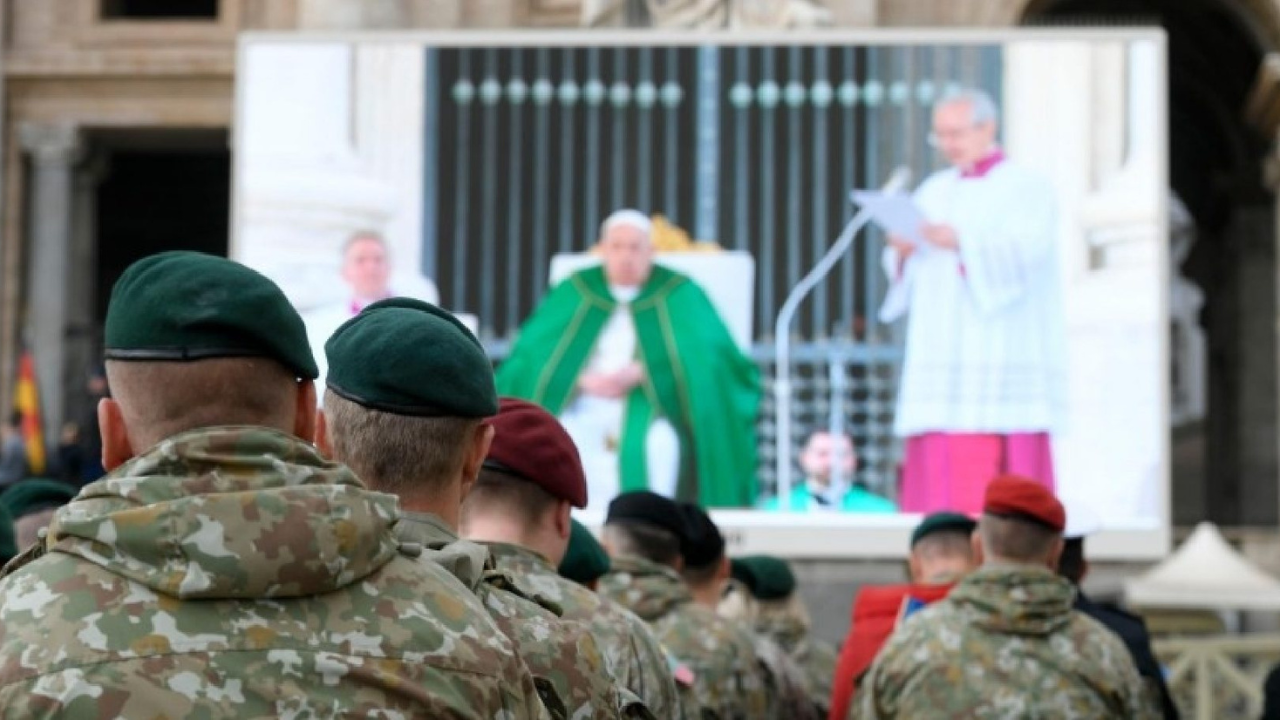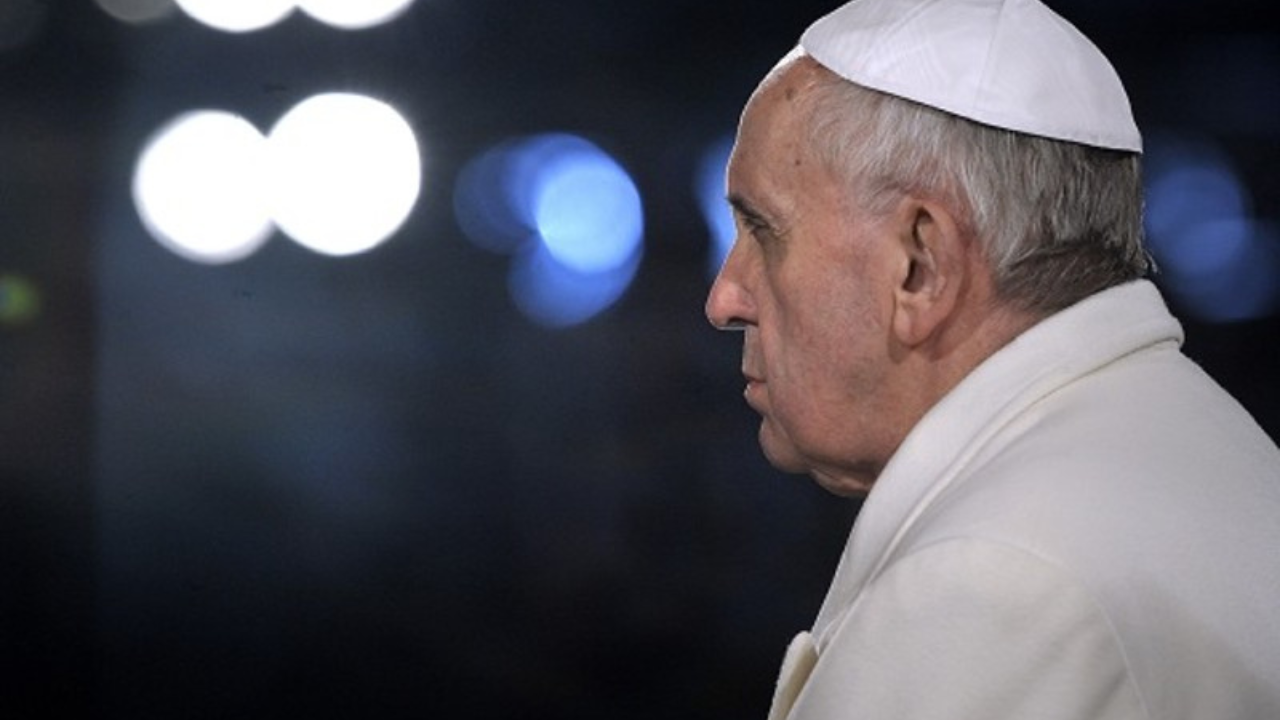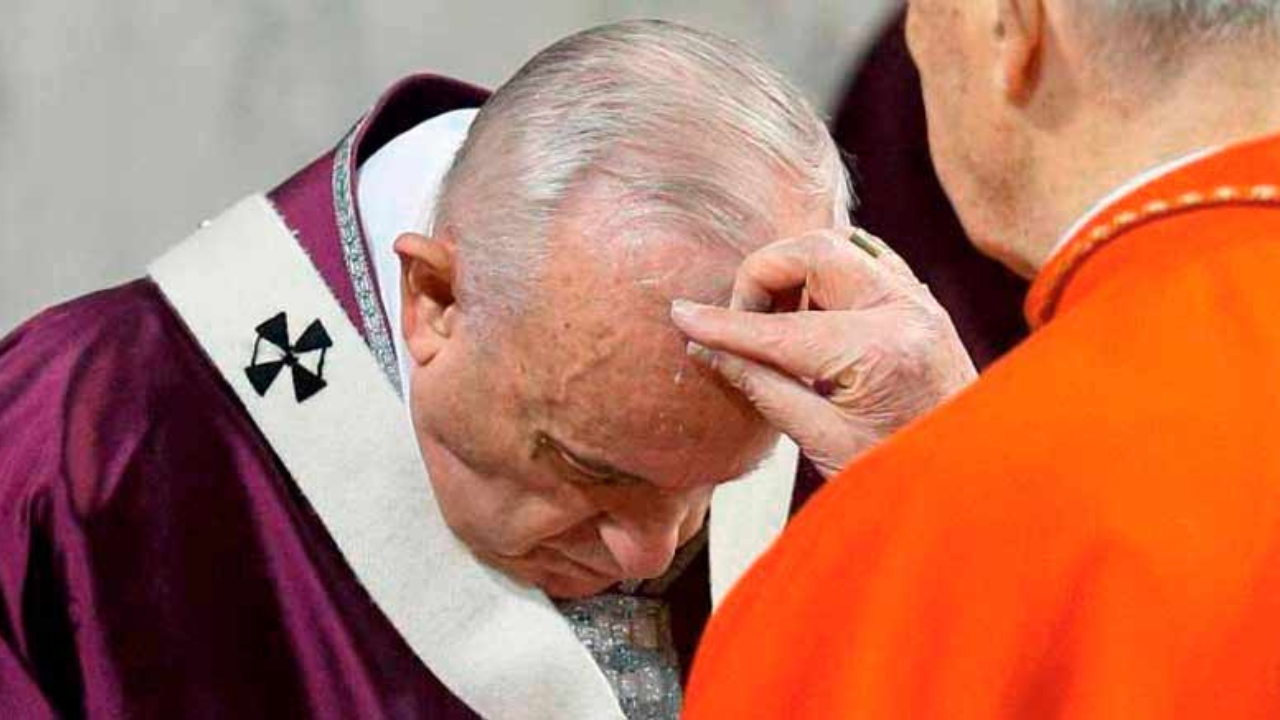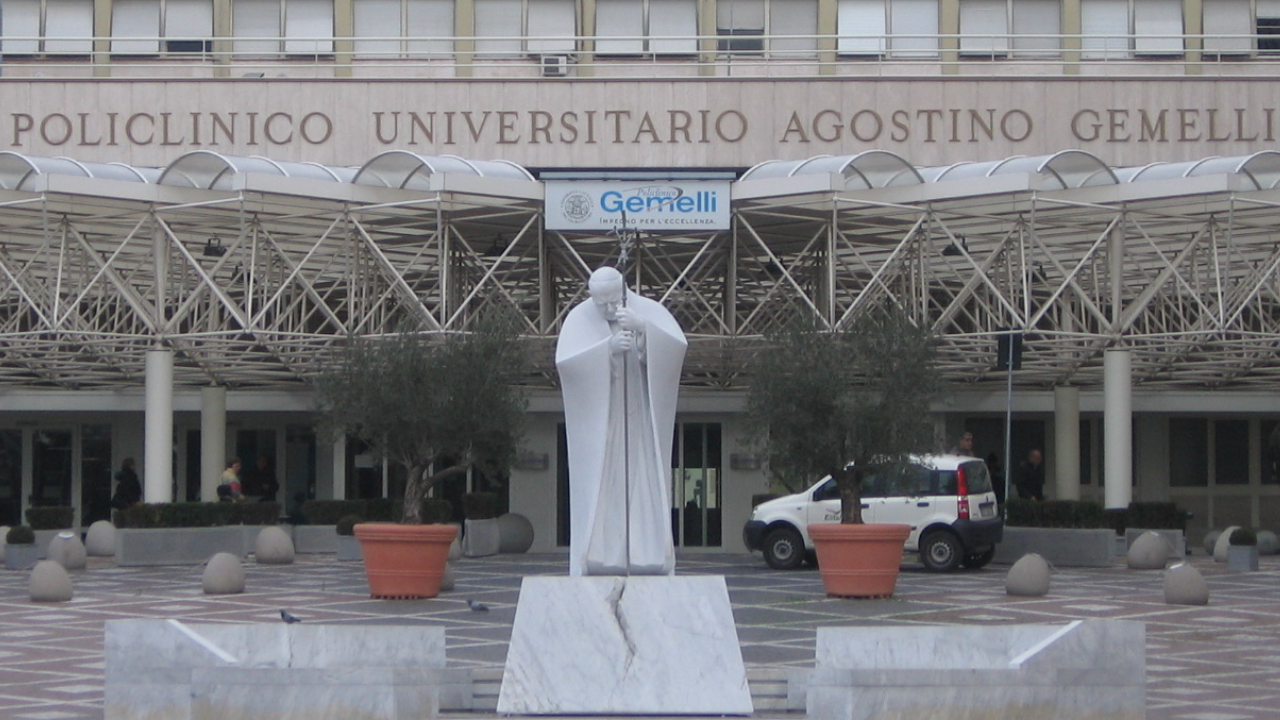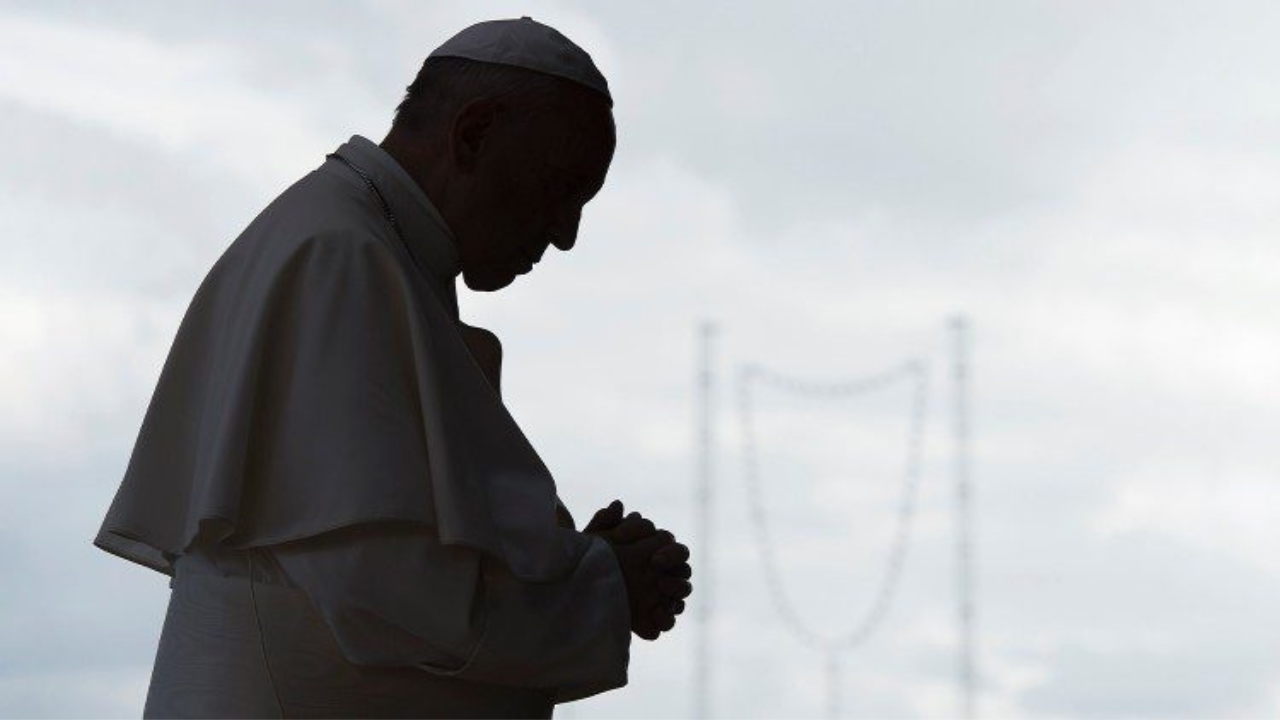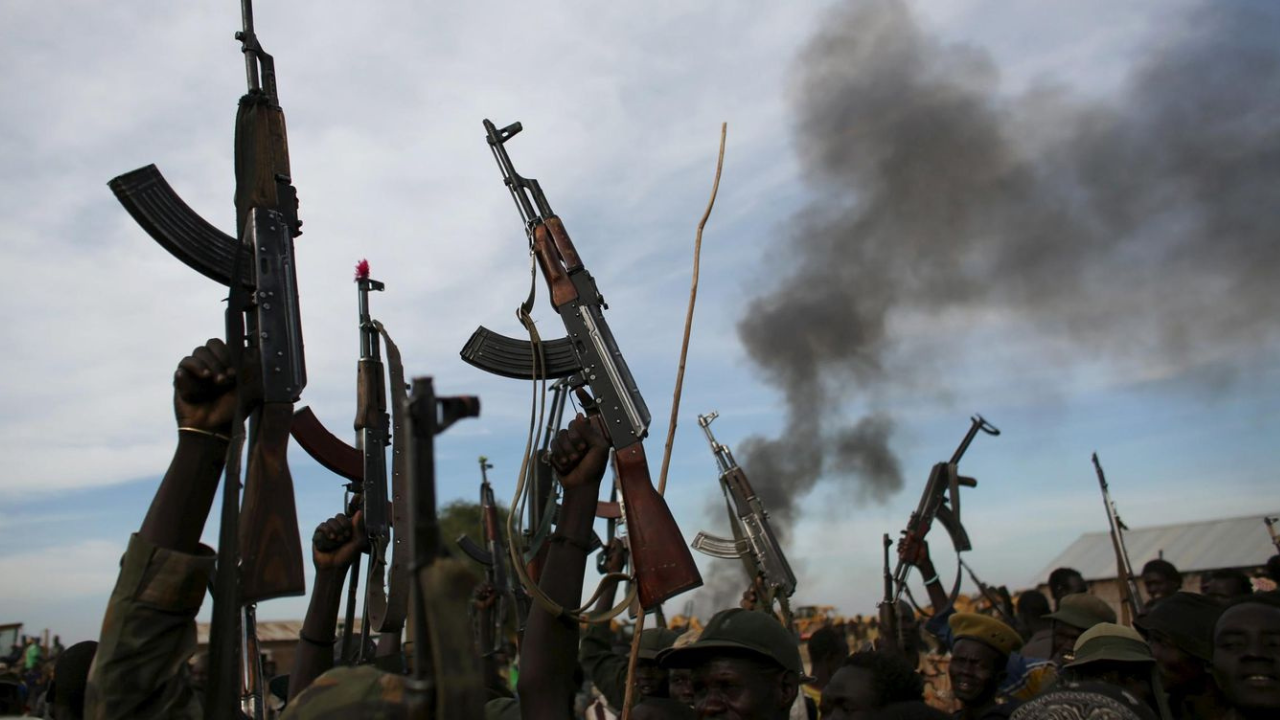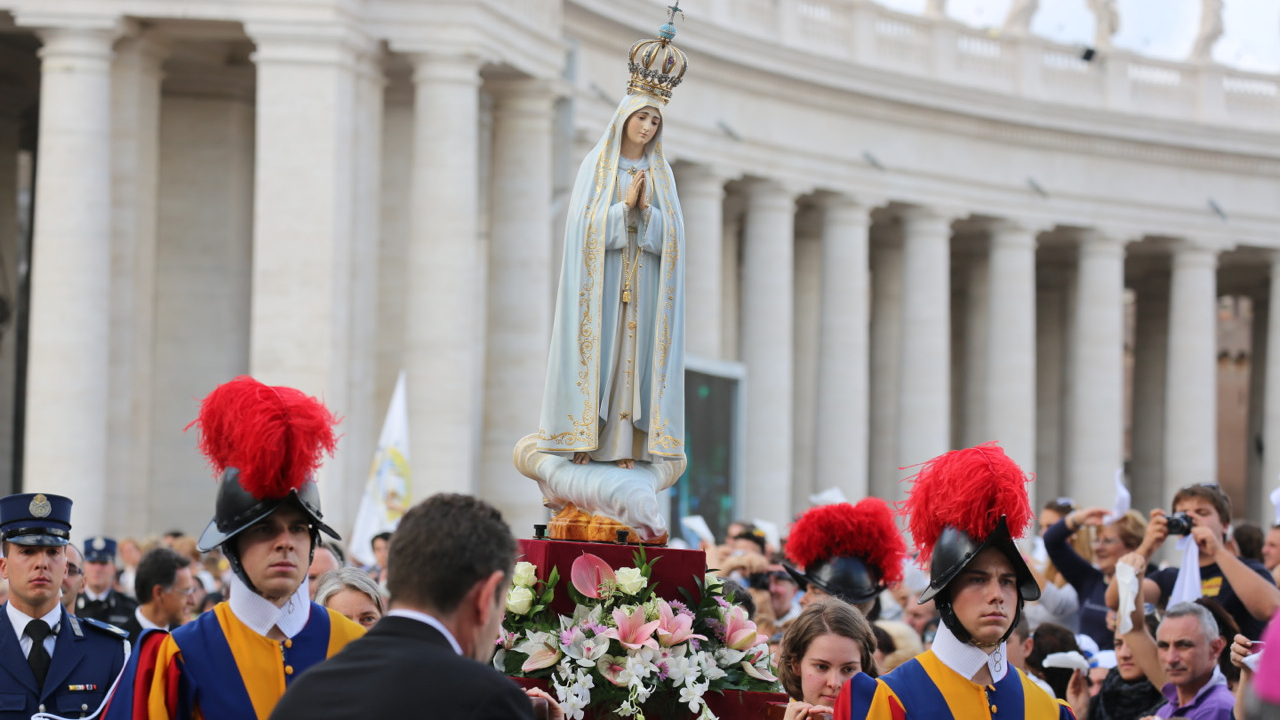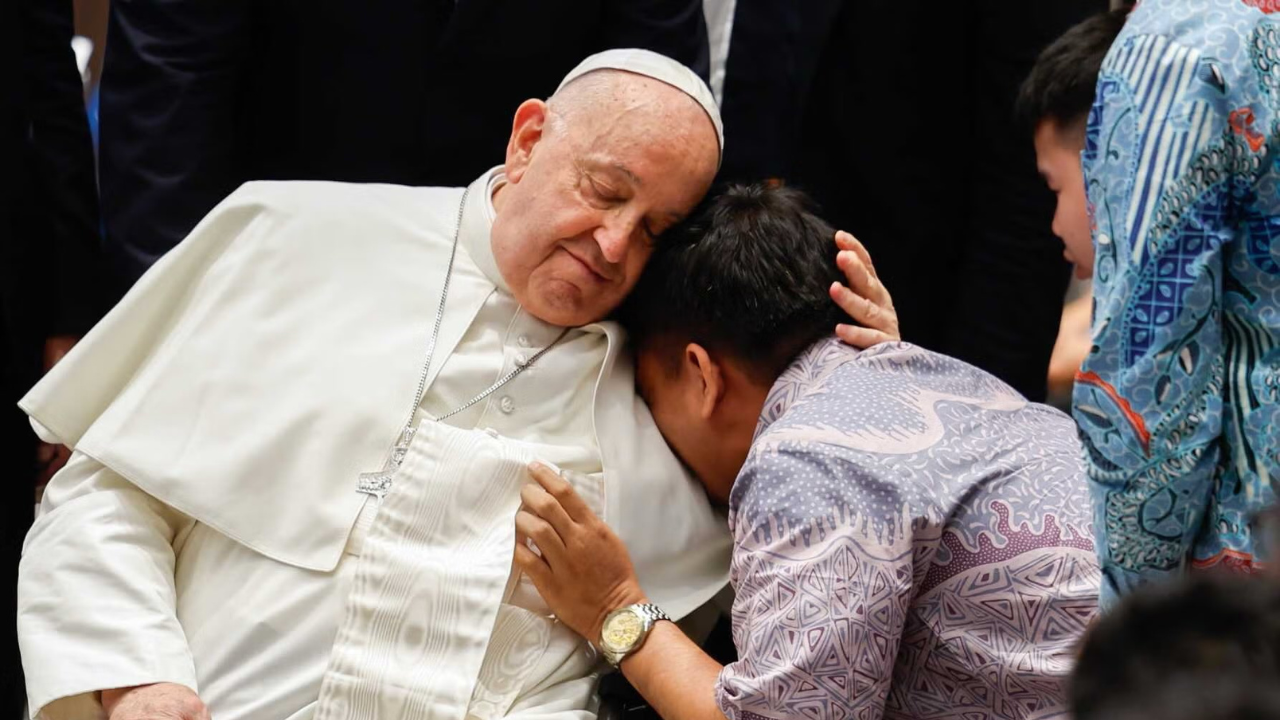Music is an important part of Mass. Depending on the choices musicians make in terms of harmony, rhythm and instrumentation, Mass-goers can either be drawn closer to God or completely distracted from the liturgy.
That's why AnnaMaria Cardinalli, an opera singer and professional classical guitarist, penned “Music and Meaning in the Mass,” a Sophia Institute publication.
ANNAMARIA CARDINALLI
Author, “Music and Meaning in the Mass”
“What this book wants to do is to empower musicians in the Mass, regardless of the style of the music that they play, to affect our perception of what's happening in the Mass in the most positive way, in a way that coincides with the sacred text of the liturgy. And when we do that, we lead people, we lead the disposition of people's souls to union with Christ in the Eucharist.”
Cardinalli has noticed that many parish musicians are unaware of the theological significance of each moment of the Mass. She says this often leads to poor musical decisions that can be distracting.
ANNAMARIA CARDINALLI
Author, “Music and Meaning in the Mass”
“Another thing that this book does is explain the progression of the Mass, the mystical movement of the Mass in each moment. So the musicians can ask themselves, 'What is the mood of this moment?' and 'Are my musical choices fitting this mood? Is the language of music speaking the truth about the meaning of this moment?'”
Cardinalli doesn't advocate for any one style in particular. Her book does explain instrumentation. But instead of focusing on which instruments people like most, Cardinalli says parish musicians should focus on instruments' functional features.
The book even includes a mini examination of conscience to help musicians determine if they're sharing their talents for the right reasons.
ANNAMARIA CARDINALLI
Author, “Music and Meaning in the Mass”
“If your examination of conscience reveals that you're doing it for reasons other than drawing souls to Christ in the Eucharist in that particular Mass; if you're doing it for reasons of desiring to perform, or desiring to enhance your own personal prayer life through music, or desiring to celebrate your gifts as a musician, those are all very good things, but they're good things for doing music in other contexts. There's only one reason to be participating in the Mass as a musician.”
And this applies to anyone wishing to participate in the church choir, be they experienced musicians or otherwise. What's important, explains Cardinalli, is that we are honest with ourselves about why we want to participate in music ministry.
CT
AA


